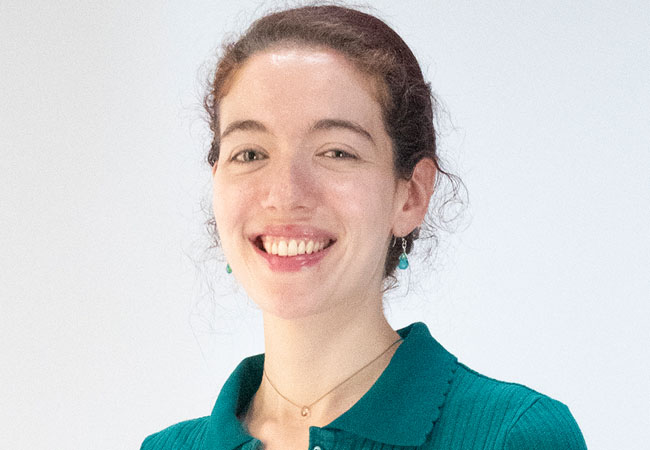As we gear up for International Women’s Day on 8 March, Jess Glynn, an associate at Atelier 10 and active member of Women in Building Services Engineering (WiBSE), shares insights into the committee’s recent work and future vision. Established in 2012, WiBSE has been instrumental in advancing equity, diversity and inclusion across the industry. Now, WiBSE looks forward to an ambitious 2024, with plans to expand its membership, foster collaborations, and provide essential resources.
WiBSE's Jess Glynn
What is the biggest challenge for women in the industry?
There are numerous, so it’s hard to choose the biggest one! The lack of representation of women at senior leadership levels, in consultancies and contractors (and others), is particularly concerning. I don’t think it gives young engineers the confidence to see that this is something they can aim to achieve in their careers.
Many factors contribute to the challenges women face throughout their careers in the building services industry, which all need to be overcome if we want things to change. This includes sexism and bias, unfair treatment associated with parenthood responsibilities, and harassment in the workplace– all of these are feeding the leaky pipeline!
Could the industry be doing more to encourage women to return to work?
Absolutely, there’s always more that can be done. As we highlighted in a LinkedIn article published last year on retaining women engineers, there are several critical points for encouraging women to return to work. These include: offering hybrid/flexible working; ensuring equal parental leave rights; providing ‘keep in touch days’, where employees can work up to 10 days during their maternity leave to help women keep up to date with what’s happening in the workplace; facilitating role sharing; having role models in the workplace; and ensuring good communication and training while on leave.
Additionally, professional institutions should enhance their processes to make it simpler and more transparent for individuals to maintain their CEng chartership status while on a career break.
What plans does WiBSE have for the year ahead?
We’re really keen to put together a number of standard industry guidance documents to promote inclusivity and equity in our working practices and recruitment practices. By offering best-practice tips, we hope to empower individuals and organisations to create more inclusive environments.
How do we reach young female engineers?
Social media is a really great resource for interacting with young engineers, and can be a great tool for increasing awareness of the many amazing things that women can achieve as part of our industry.
The WiBSE LinkedIn page is very active, promoting events that are an excellent way to network and meet other women in the sector. We also regularly post very informative news pieces, which will help inspire many young engineers.
Why should you volunteer for WiBSE?
We are working hard to produce guidance documentation – and, hopefully, organise more events – with the goal of collaborating on these with the other equality, diversity and inclusion CIBSE panels.
To accomplish these goals, we rely on volunteers to support our vision. Currently, we have a dynamic and committed group of women, and eagerly invite more to join our ranks. WiBSE is always actively seeking out new committee members.
If you are interested in contributing, please reach out to us at inclusivity@cibse.org. Your involvement can make a significant difference!
- To find out more about WiBSE, visit www.cibse.org/wibse and LinkedIn at www.linkedin.com/groups/3022887

